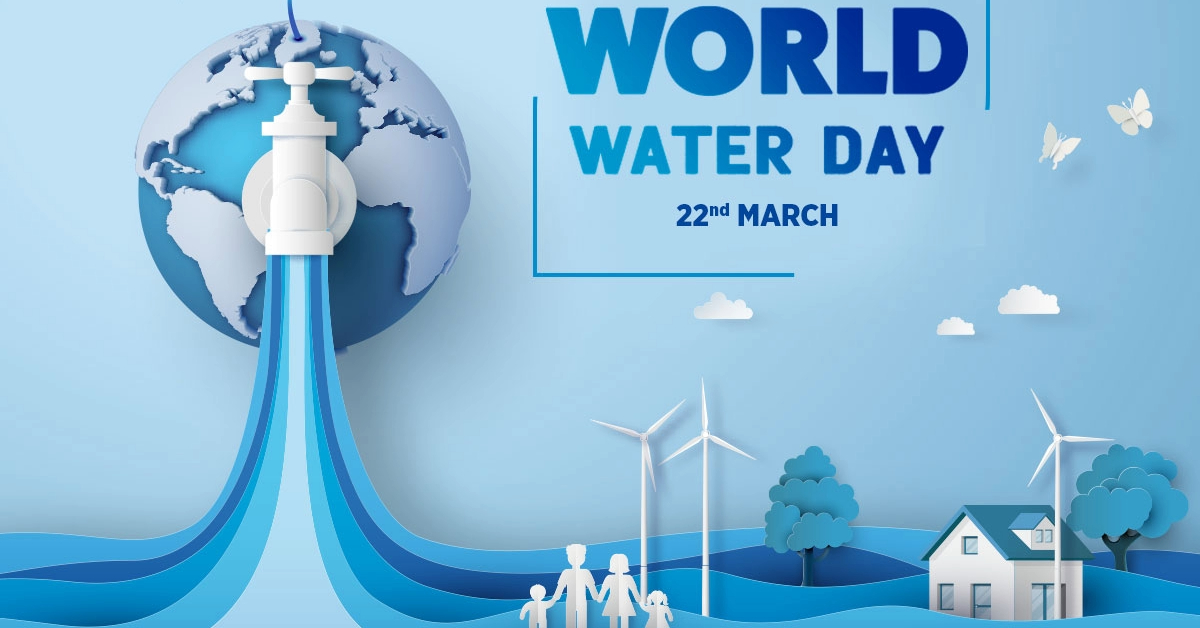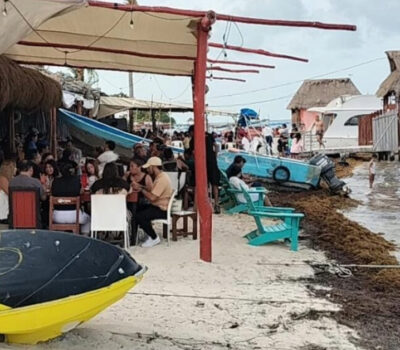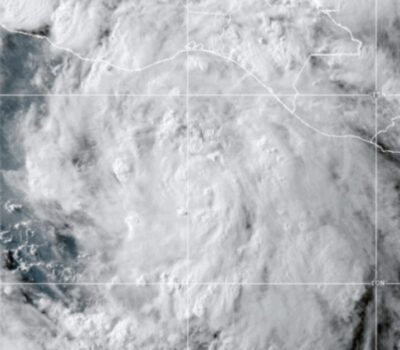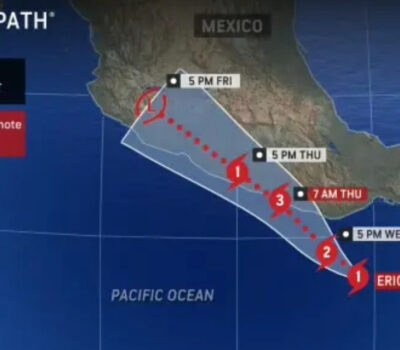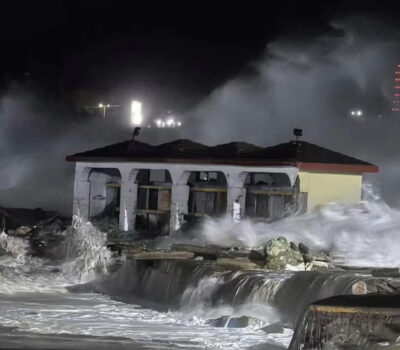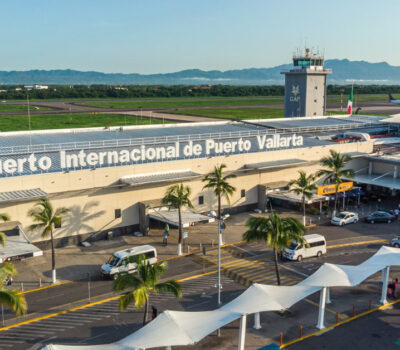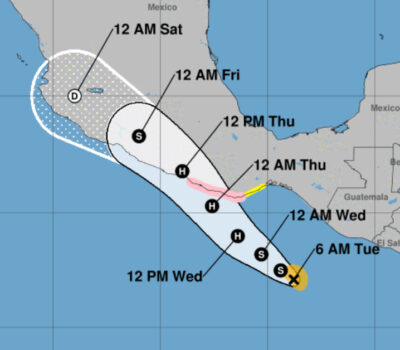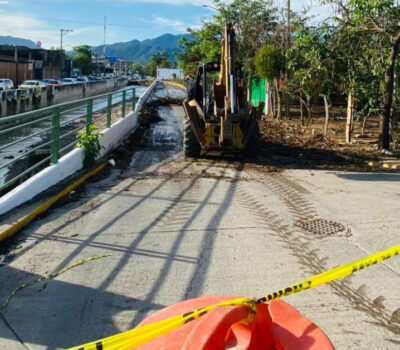In Mexico, the fundamental human right to water remains a challenge for a significant portion of the population. Reports from the National Council for the Evaluation of Social Development Policy (Coneval) illuminate a distressing reality: only 50% of Mexicans have a consistent daily water supply. This issue transcends mere inconvenience, affecting between 12 and 15 million individuals who face a dire lack of drinking water, irrespective of the country’s escalating drought conditions.
The frequency of water availability varies drastically among the populace. While a majority receive water every third day or at least biweekly, a staggering 10% have access only sporadically, if ever. This scarcity is more acute in rural areas, with states such as Oaxaca, Guerrero, and Chiapas witnessing only one in ten residents enjoying daily access to water. In contrast, urban centers like Mexico City, Nuevo León, and Jalisco fare better, with approximately 75% receiving water daily. Yet, even in these areas, the situation is far from ideal, with the percentage of residents enjoying daily access dropping from 54.8% in 2016 to 52.5% in 2022.
This regression in water accessibility contrasts sharply with advancements in other services such as electricity, telecommunications, and garbage collection. The disparity highlights a troubling trend: as Mexico progresses in various infrastructural domains, water supply struggles to keep pace. This is reflected in the infrastructural underpinnings of water management, where 20% of municipalities still lack proper drainage and sewage services. The divide deepens when comparing urban (96.6% coverage) to rural areas (74.2% coverage), further underscoring the urban-rural divide.
Moreover, the nation grapples with significant water treatment challenges. Over half the territory (58%) is devoid of wastewater treatment facilities, exacerbating environmental and health risks. The predicament of water insecurity extends beyond mere availability to encompass interruptions in supply, with 70% of Mexicans having experienced disruptions, and 50% facing instances without water.
This crisis does not affect all citizens equally. Disparities are stark, with women, indigenous populations, and the economically disadvantaged facing greater obstacles in water access. For example, water insecurity is prevalent in 37% of households led by women, compared to 28% of those led by men. The indigenous communities suffer even more, with a 10-point deficit in drinking water infrastructure and an 18-point shortfall in drainage and sewer systems compared to the national average.
The consequences of limited water availability and poor quality are far-reaching. Not only does it impede basic sanitary practices, but it also contributes significantly to health issues. Inadequate water disinfection, with 15% of home-supplied water remaining untreated, coupled with the pollution of 34.4% of surface water bodies, lays the groundwork for diseases. Waterborne illnesses remain a leading cause of mortality in infants and a major cause of intestinal diseases across all age groups.
As Mexico confronts environmental degradation and dwindling resources, the water crisis emerges as both a symptom and a cause of broader social vulnerability and poverty. The situation calls for immediate and concerted efforts to improve water infrastructure, ensure equitable access, and safeguard water quality for all Mexicans. Without addressing these fundamental issues, the country risks exacerbating the existing disparities and hindering the overall well-being and health of its population.
In Mexico, the fundamental human right to water remains a challenge for a significant portion of the population. Reports from the National Council for the Evaluation of Social Development Policy (Coneval) illuminate a distressing reality: only 50% of Mexicans have a consistent daily water supply. This issue transcends mere inconvenience, affecting between 12 and 15 million individuals who face a dire lack of drinking water, irrespective of the country's escalating drought conditions.

